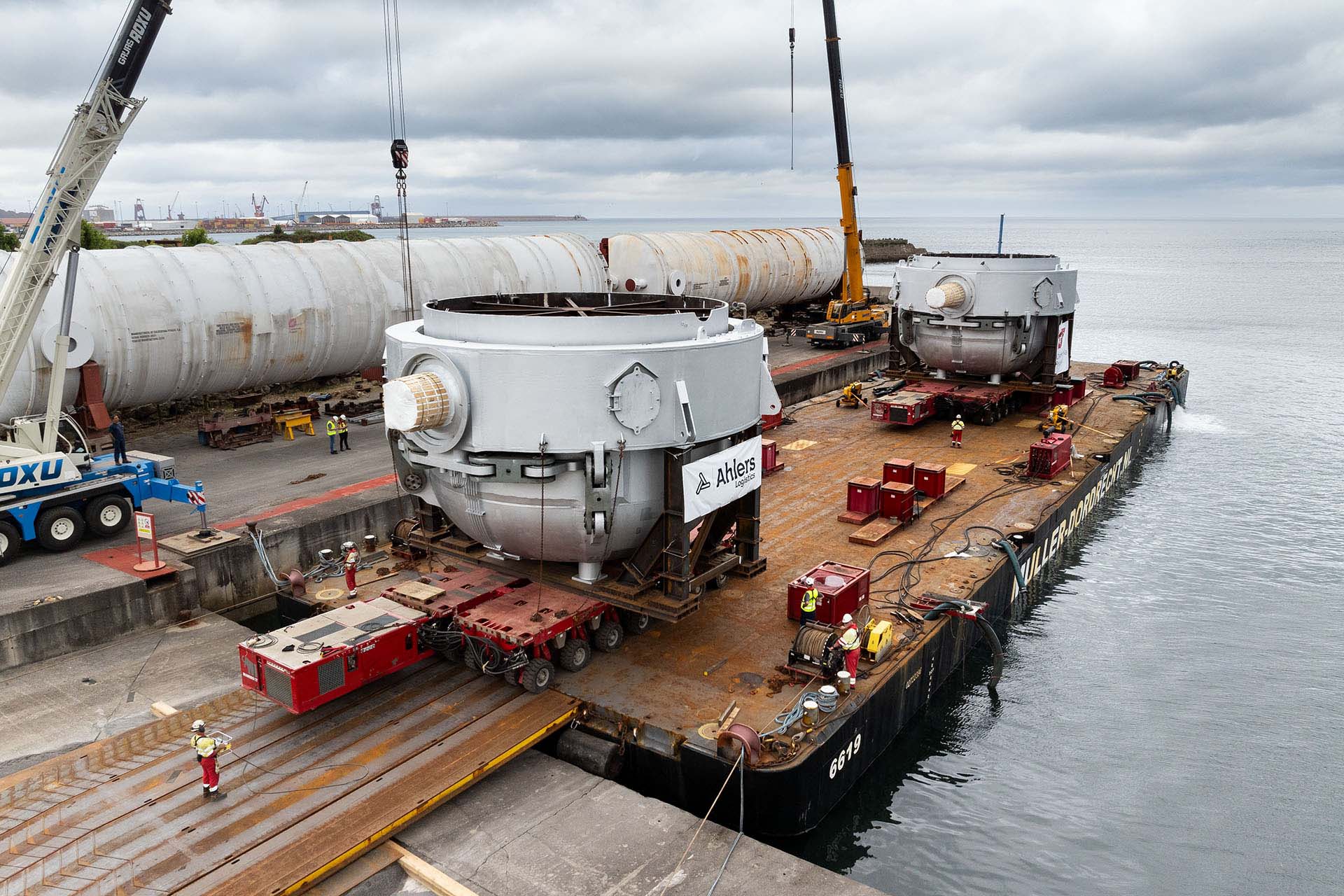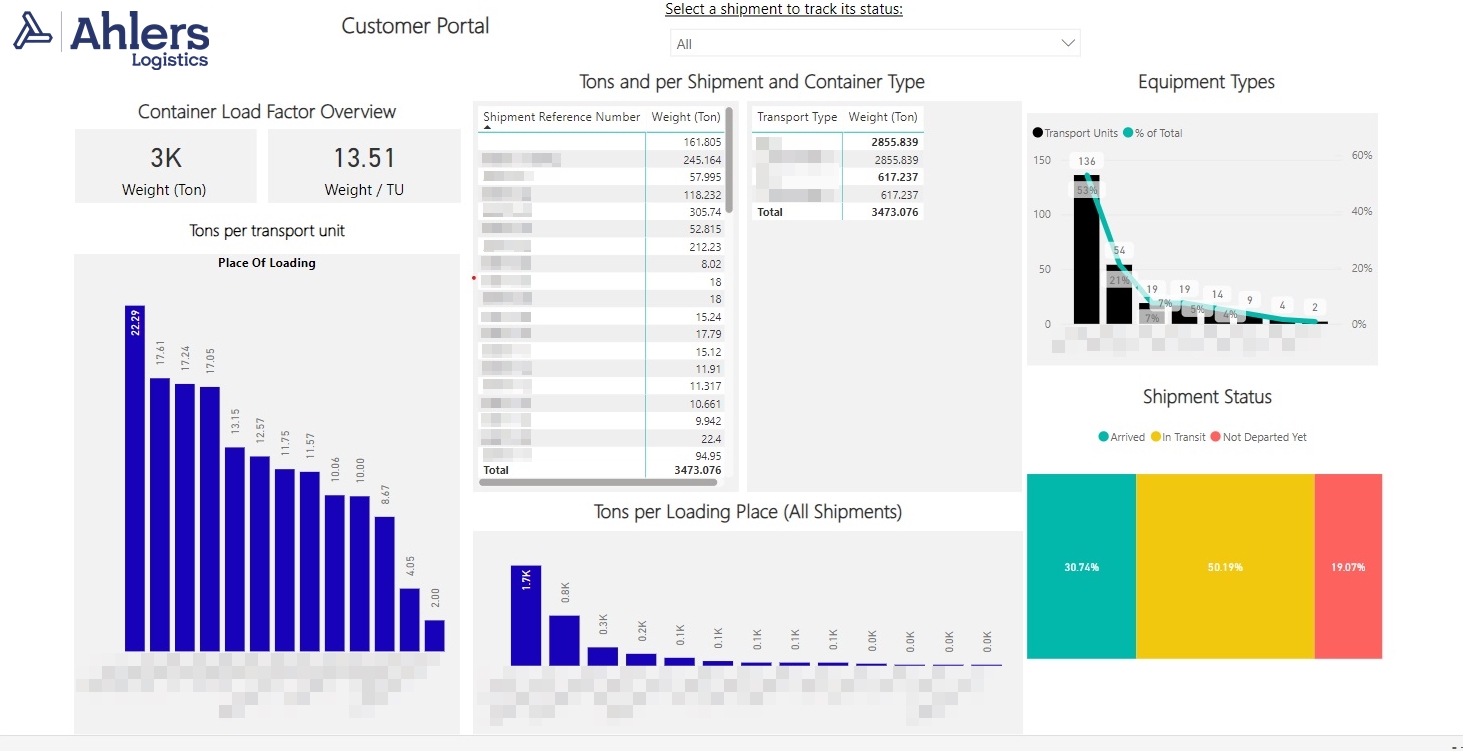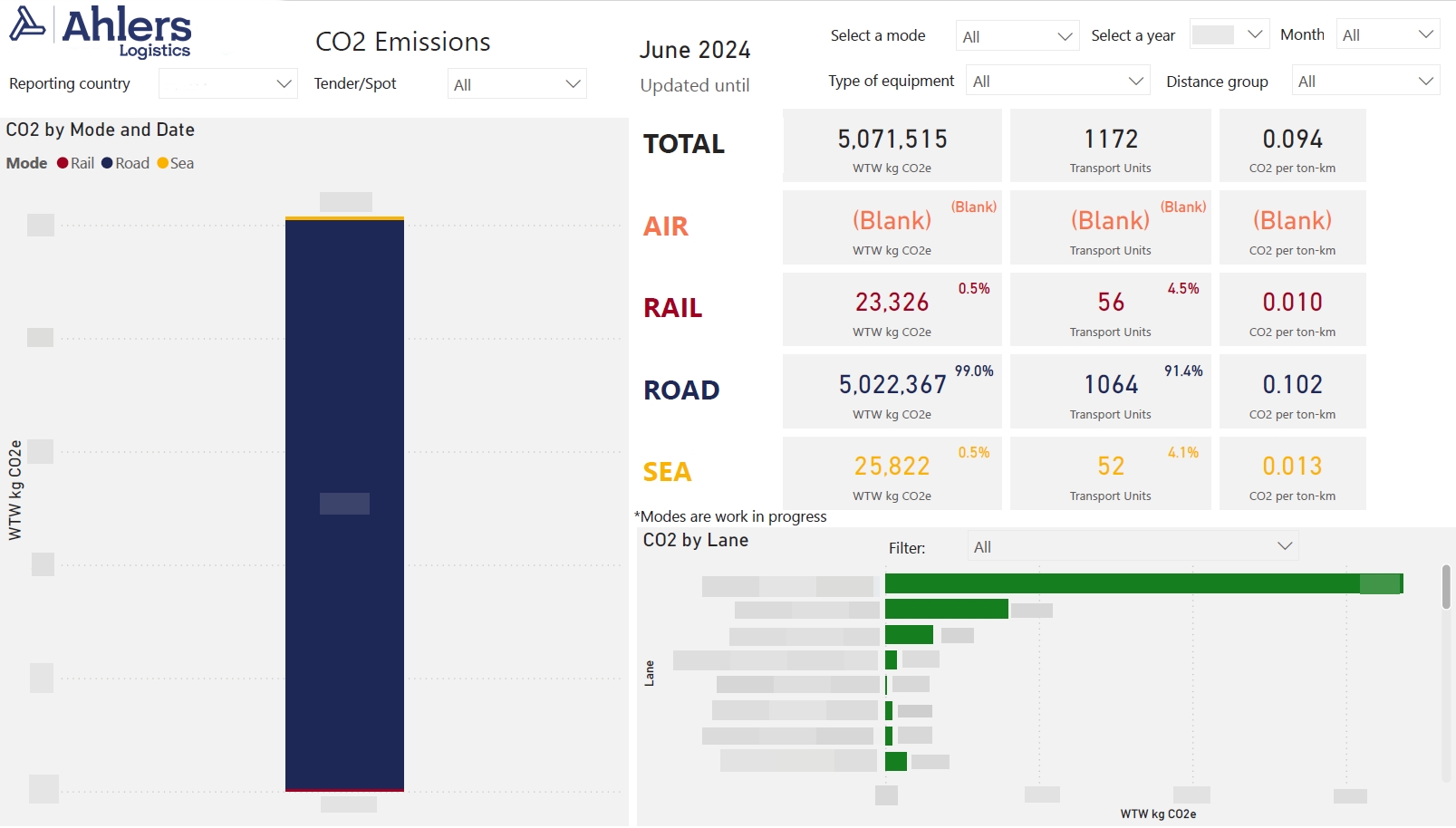How Freight Forwarders are Driving Decarbonization in Metallurgy and Mining
Author: Shanghai BenCham
The global decarbonization push is reshaping industries, with the metallurgical and mining sectors leading the charge. Wim Copmans and Marko Buneta from Ahlers Logistics' Industry & Energy team discuss the critical role of freight forwarders in this transition.

Ahlers Logistics specializes in providing customized project logistics solutions, with a strong focus on the metals, mining, energy, and EPC sectors. Decarbonization has become a major trend, driving investment in innovative technologies. "Decarbonization now extends far beyond the metallurgical sector," Copmans said. "Previously the decarbonization focus was on the wind and solar. However, now our customers involved in the metallurgical and mining sectors are investing heavily in decarbonizing both their own production facilities and the facilities of their end clients”.
This trend spans chemicals, cement, aluminum, and more, fueled by government programs like the U.S. Inflation Reduction Act and the European Green Deal. Buneta adds, "In China, it's not if, but when they will catch up," also noting that the Middle East is making significant investments in green energy and decarbonization, despite its strong ties to oil production.
Energy Demand Remains the Main Driver and a Stumbling Block

Renewable energy and decarbonization are crucial components of our future. However, the ambitious net-zero targets might be driven more by political agendas than by practical considerations.
While industries, countries, and companies are heavily investing in projects aimed at reducing CO2 emissions, the growing energy demand must still be met. This requires considering the full range of energy sources, including nuclear power, which is experiencing a resurgence.
On the flip side, there is the issue of cost for the end consumer. As Buneta points out, government subsidies will eventually phase out, and the general public will have to bear the full cost of the energy transition. “Consumers are often hesitant to adopt unfamiliar technologies, and resistance to green energy could increase as subsidies end and costs rise,” he noted.
Freight Forwarders Leading the Way
Freight forwarders like Ahlers Logistics are at the forefront of the evolving landscape, actively addressing the growing demand for sustainable logistics solutions. According to Copmans and Buneta, an increasing number of clients are seeking environmentally friendly options and assistance in decarbonizing their supply chains.
"We're seeing a significant rise in customer demand for green transport solutions," Copmans stated. "This includes shifting from road to rail and barge transport, as well as offering project dashboards that track CO2 emissions for each shipment."
The team at Ahlers utilizes the GLEC Framework to calculate estimated CO2 output, ensuring accurate emission tracking. "We work closely with customers to incorporate all their requirements into the dashboard," Copmans emphasized. "Our operational specialists input shipment data into the TMS, providing customers with 24/7 real-time insights for informed decision-making."
One of Ahlers' standout capabilities is their ability to deliver customized route optimization solutions. Buneta shared a recent success story: "For one of our customers, we tackled the challenge of reducing the CO2 footprint in transporting cargo from an inland factory to a port terminal in another city. Using our in-house data analytics tools, we devised a solution that resulted in a 70 percent reduction in emissions."
Ahlers also underscores the importance of transparency and accountability in sustainable business practices. "By proactively offering these tools, we empower our customers to monitor and report their emissions, which is crucial for maintaining sustainability," Buneta concluded.

Adapting to Cleaner Technologies and Evolving Standards in Mining
Ahlers Logistics supports the mining sector by transporting everything from spare parts to the largest mining and dump trucks, ensuring delivery from production facilities to some of the most remote mining sites. Here, Ahlers' customers have been also heavily investing in new technologies, leading to a shift from traditional internal combustion engines to battery-assisted engines. “Until 2019-2020, we were mostly transporting machinery with internal combustion engines, mainly to developing countries like those in Central Asia, Africa, and South America, where environmental regulations are less stringent compared to the Western world,” Buneta said.
However, over the past three years, Ahlers noticed a growing interest in cleaner mining machinery, particularly hybrid units. “We are aware that producers have been investing heavily in AI, autonomous driving, and purely electric vehicles, all of which are expected to optimize on-site operations and reduce CO2 emissions. These advancements aim to make the machines cleaner and also optimize the overall job site operations,” Buneta said, adding that specifically in Central Asia, many mining sites are considering implementing solar panels to improve energy production and reduce environmental impact.
But this is not a trend limited to Central Asia but is gaining traction globally, especially in developing countries where stricter environmental regulations are starting to be enforced. “For freight forwarders like us, this presents an opportunity to gradually upgrade vehicle fleets to accommodate the changing landscape, enabling us to transport additional cargo volumes. This combination of trends is expected to continue, shaping the future of the mining industry,’ stresses Buneta, adding that mining of new materials required for the energy transition means clients will continue exploring new solutions to optimize their supply chains with Ahlers Logistics on hand to lend their expertise in the process.

Marko Buneta
Key Account and Project Logistics Manager

Wim Copmans
Key Account Manager - Industry & Energy

